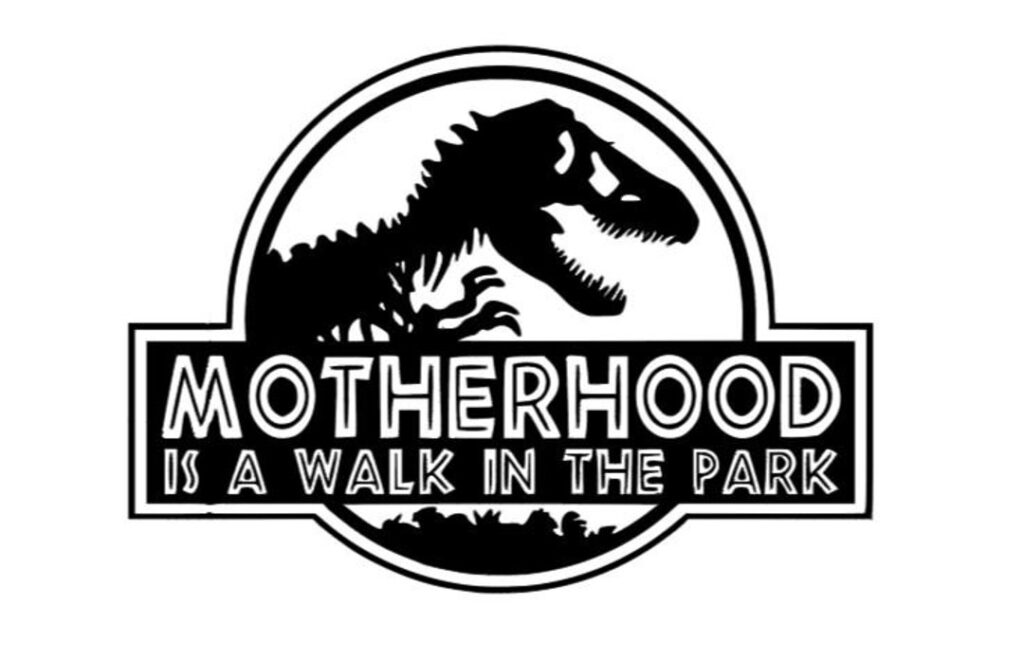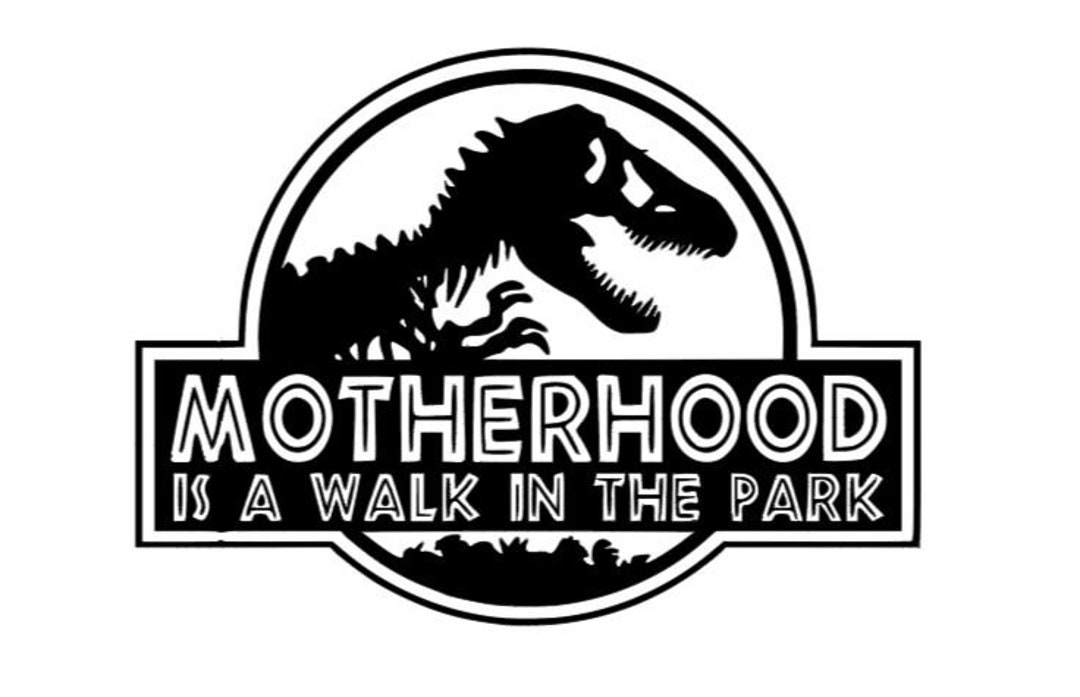
The Evolving Landscape of Motherhood: Challenges, Joys, and Modern Perspectives
Motherhood is a multifaceted journey, a transformative experience that shapes not only the lives of women but also the very fabric of society. From the profound biological changes of pregnancy to the lifelong commitment of raising a child, motherhood presents a unique blend of challenges and unparalleled joys. This article delves into the evolving landscape of motherhood, exploring its historical context, modern challenges, societal expectations, and the deeply personal rewards that make it such a significant part of the human experience. We will examine the diverse paths to motherhood, including adoption, surrogacy, and single motherhood, acknowledging that there is no single definition of what it means to be a mother in the 21st century.
A Historical Perspective on Motherhood
Throughout history, the role of a mother has been shaped by cultural norms, economic realities, and societal expectations. In many traditional societies, motherhood was considered a woman’s primary, if not sole, purpose. Women were responsible for child-rearing, household management, and often, contributing to the family’s livelihood through agricultural or domestic work. The image of the ‘ideal’ mother was often one of self-sacrifice, nurturing, and unwavering devotion to her children.
However, this idealized image often masked the realities of women’s lives, which included limited access to education, healthcare, and economic opportunities. The concept of motherhood was inextricably linked to a woman’s social status and identity, and deviations from the norm were often met with disapproval or even ostracism.
Modern Challenges of Motherhood
Today, the landscape of motherhood is vastly different. Women have greater access to education, career opportunities, and reproductive choices. However, these advancements have also brought new challenges. The pressure to balance work and family, often referred to as the ‘motherhood penalty,’ remains a significant obstacle for many women. Studies have shown that mothers often face discrimination in the workplace, are perceived as less competent or committed, and may experience slower career progression compared to their male counterparts or women without children.
Financial burdens are another major concern. The costs associated with raising a child, including childcare, education, healthcare, and housing, can be substantial. Many families struggle to afford quality childcare, forcing parents to make difficult choices about their careers and their children’s well-being. The lack of affordable and accessible childcare options disproportionately affects low-income families and single mothers, exacerbating existing inequalities.
The Mental Load of Motherhood
Beyond the practical challenges, motherhood also carries a significant mental load. Mothers often bear the responsibility of planning, organizing, and managing the household, in addition to their paid work. This ‘invisible labor’ can lead to stress, burnout, and feelings of overwhelm. The constant pressure to be a ‘perfect’ mother, coupled with the relentless demands of childcare, can take a toll on a woman’s mental and emotional health. [See also: Postpartum Depression: Understanding and Seeking Help]
The Joys and Rewards of Motherhood
Despite the challenges, motherhood remains a deeply rewarding experience for many women. The unconditional love, the joy of watching a child grow and learn, and the profound connection between mother and child are often cited as the most fulfilling aspects of motherhood. The opportunity to shape a young life, to instill values, and to guide a child towards becoming a responsible and compassionate adult is a privilege that many mothers cherish.
Furthermore, motherhood can be a catalyst for personal growth and transformation. Many women report feeling a greater sense of purpose, resilience, and empathy after becoming mothers. The experience of navigating the challenges of motherhood can strengthen their problem-solving skills, their ability to prioritize, and their capacity for unconditional love.
Diverse Paths to Motherhood
It’s essential to acknowledge that motherhood is not a monolithic experience. Women come to motherhood through diverse paths, including biological motherhood, adoption, surrogacy, and foster care. Each path presents its own unique challenges and rewards, and each is equally valid and meaningful.
Single motherhood is also becoming increasingly common. Single mothers face unique challenges, including financial strain, lack of support, and societal stigma. However, they also demonstrate remarkable resilience and resourcefulness in raising their children. Support networks, community resources, and government programs can play a crucial role in helping single mothers thrive. [See also: Resources for Single Parents]
The Role of Fathers in Modern Motherhood
While this article focuses on motherhood, it’s crucial to acknowledge the evolving role of fathers. In many modern families, fathers are increasingly involved in childcare, household management, and emotional support. Shared parenting responsibilities can alleviate the burden on mothers and create a more equitable and supportive family environment. The involvement of fathers in their children’s lives has been shown to have positive outcomes for both children and parents.
Societal Expectations and the Pressure to Be ‘Perfect’
One of the most pervasive challenges facing modern mothers is the pressure to be ‘perfect.’ Social media, parenting blogs, and well-meaning friends and family often contribute to this pressure, creating unrealistic expectations about what it means to be a good mother. The constant comparison to others can lead to feelings of inadequacy, guilt, and anxiety.
It’s important to remember that there is no such thing as a perfect mother. Every child is unique, and every family dynamic is different. What works for one family may not work for another. The key is to focus on building a loving and supportive relationship with your child, rather than striving for an unattainable ideal.
Supporting Mothers: A Societal Responsibility
Motherhood is not just a personal journey; it’s also a societal responsibility. Investing in the well-being of mothers and children benefits society as a whole. Access to affordable childcare, paid parental leave, quality healthcare, and supportive communities are essential for creating a society that values and supports mothers. [See also: The Importance of Paid Parental Leave]
Furthermore, it’s crucial to challenge societal norms and expectations that perpetuate the ‘motherhood penalty.’ Employers should implement policies that support working parents, such as flexible work arrangements, on-site childcare, and equal pay for equal work. Communities should provide resources and support networks for mothers, including parenting classes, support groups, and mental health services.
Conclusion: Embracing the Journey of Motherhood
Motherhood is a complex and ever-evolving journey, filled with challenges, joys, and profound moments of connection. While the pressures and expectations of modern motherhood can be overwhelming, it’s important to remember the inherent value and significance of this role. By embracing the journey, seeking support, and challenging unrealistic expectations, mothers can navigate the complexities of motherhood with grace, resilience, and unwavering love. The evolving landscape of motherhood requires a societal shift towards greater support, understanding, and appreciation for the invaluable contributions of mothers to families and communities worldwide. Ultimately, motherhood is a testament to the enduring power of love, sacrifice, and the profound bond between a mother and her child.

